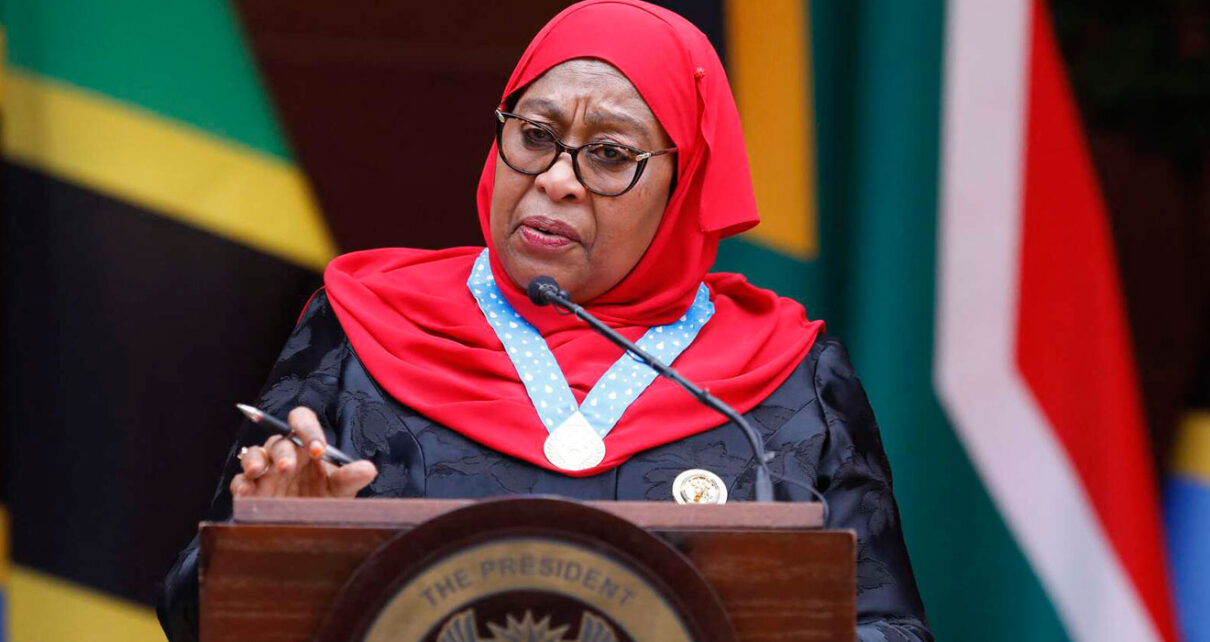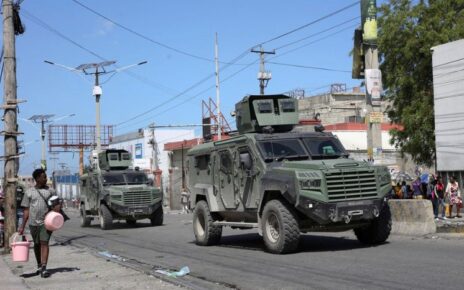Tanzania is currently facing significant challenges on several fronts, with reports emerging of shortages in essential resources. Among the issues plaguing the East African nation are scarcities in sugar, electricity, and foreign currency.
The scarcity of sugar has become particularly acute, with reports indicating a surge in prices that has left many Tanzanians struggling to afford this basic commodity. This surge prompted government intervention to stabilize prices, with President Samia Suluhu’s administration attributing the shortage to adverse weather conditions that hindered sugar production in 2023. By January 2024, the price of sugar had skyrocketed from an average of Tsh 2,700 to Tsh 4,500 per kilogram. To mitigate the impact on consumers, the Tanzania Sugar Board intervened, setting price regulations to ensure affordability.
In addition to the sugar crisis, Tanzania is contending with electricity shortages, leading to public dissatisfaction over frequent power cuts. President Suluhu responded by disbanding the board of directors of the Tanzania Electric Supply Company, attributing the power rationing to decreased generation caused by low water levels in dams and neglect of infrastructure maintenance.
The scarcity of foreign currency, particularly the US dollar, has also emerged as a pressing issue affecting various sectors, notably oil marketing companies. Reports indicate that these companies have been compelled to resort to purchasing dollars from the black market or paying unofficial premiums to acquire the currency. This shortage poses a significant challenge to Tanzania’s import-export business, where the US dollar holds substantial value.
In a letter addressed to the Permanent Secretary in the Tanzanian Ministry of Energy dated February 8, 2024, the Tanzania Association of Oil Marketing Companies expressed concern over the dollar shortage, highlighting the adverse impact on their operations. The association cited difficulties in obtaining dollars from commercial banks at official rates, leading to additional expenses incurred through purchasing currency at a premium. This situation, compounded by the desperation of some members resorting to black market transactions, threatens to exacerbate fuel shortages in the country.
These crises come amidst previous remarks by President Suluhu, who had earlier commented on Kenya’s forex challenges in stabilizing its petroleum industry. Ironically, Tanzania now finds itself confronting similar difficulties, underscoring the gravity of the situation and the urgent need for comprehensive solutions to address these resource shortages.



